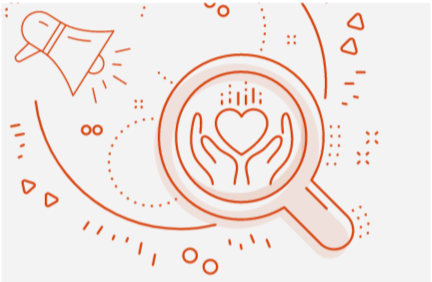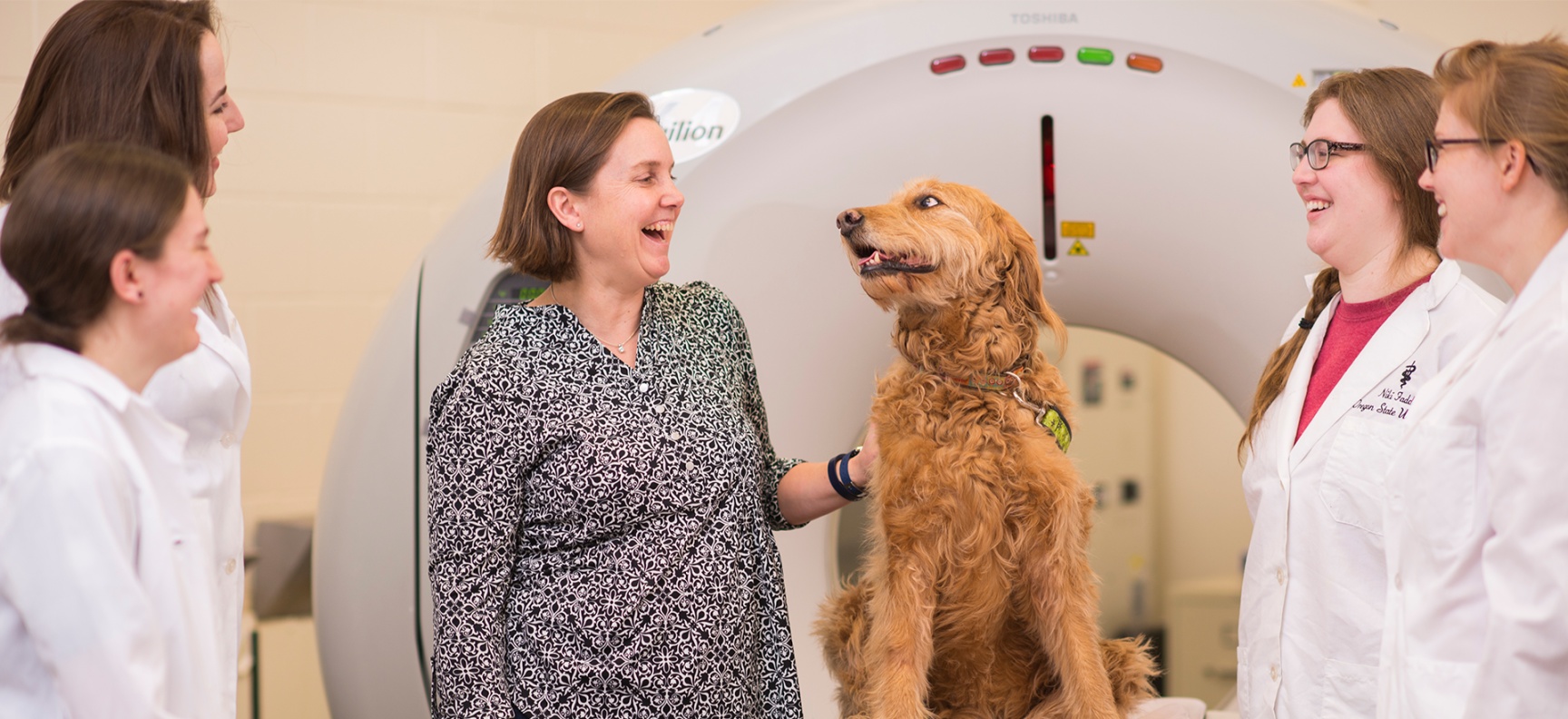Well trained, compassionate veterinarians. Excellent care for animals, large and small, that are facing serious health issues.
Pioneering research and new methodologies aimed at solving issues critical to human as well as animal health.
That's the legacy of a close friend of the Carlson College of Veterinary Medicine, who has arranged an extraordinary bequest to Oregon State University. The planned gift represents the anonymous donor’s entire estate, valued at more than $6 million.
“We are incredibly grateful for the trust that a gift like this demonstrates,” says Susan Tornquist, Lois Bates Acheson Dean. “We feel a great sense of responsibility to live up to that sense of confidence.”
Gift will help college scale up, pursue cutting-edge work
The planned bequest will create an endowed fund for the college, generating a perpetual, dependable stream of income to be used at the dean’s discretion. Such a fund gives leaders the flexibility to take advantage of opportunities as they arise and meet needs as circumstances change.
“In my years as dean, we’ve seen a fair number of changes not in our basic goals but in new developments in veterinary medicine and the services we provide,” Tornquist says. “For example, in our new building expansion we’re gaining a linear accelerator, which will allow us to provide radiation oncology for cancer patients. Ten years ago, we wouldn’t have anticipated that we’d be an oncology center.”
The connection to human health is especially important to the anonymous donor. “Initially my commitment to the Carlson College of Veterinary Medicine was related to advancing the health of companion animals and to educating future generations of veterinarians,” the donor says. “Today my commitment is broader and reflects my intentions to help advance the mission of health at Oregon State.
“This university has tremendous strengths and unique capabilities in the areas of human and animal health,” the donor continues. “Veterinary medicine plays a key role in how OSU defines itself in health sciences and helps set us apart from other universities.”
OSU’s work with veterinary oncology is just one example of research that will ultimately benefit human medicine as well as improve treatment for animals. Faculty and students currently are working on such health issues as tuberculosis, HIV, respiratory diseases, neurological diseases and more.
Donor legacy creates a healthier future
Looking ahead, the college will continue to add specialists. For example, OSU recently hired its first criticalist, who works with the very sickest patients. Future developments are possible in neurology, dermatology, and the prevention and treatment of chronic pain.
“We take our mission very seriously, and this planned gift is an enormous investment in the future,” Tornquist says.
“There are hard moments in veterinary medicine, a lot of stresses. There are hard decisions to make when we’re trying to determine the best course of action. To have this wonderful expression of support is incredibly meaningful for all of us. It’s a great message to students. Yes, you’re going to be working long hours but what you’re doing is really important and people deeply appreciate it.”

